- 17 January 2024
- 166
Exploiting Enzymes In Cancer Diagnosis And Therapy
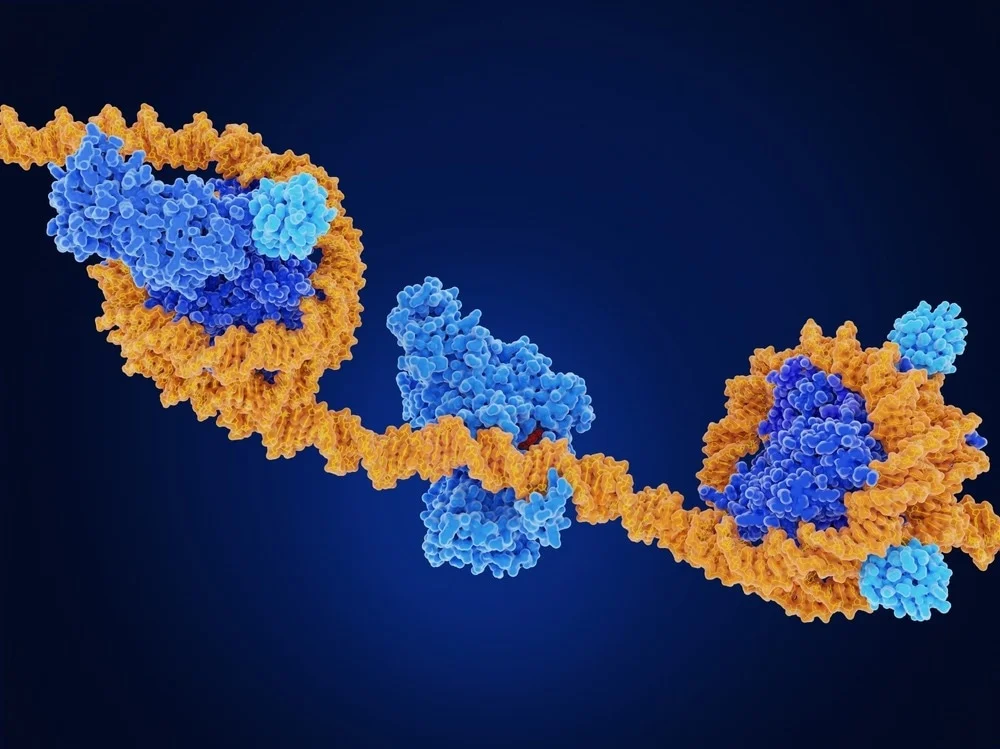
Introduction
Enzymes, intricate proteins acting as catalysts in biochemical reactions, have emerged as pivotal players in the intricate landscape of cancer. This comprehensive exploration delves into the multifaceted applications of enzymes, ranging from diagnostic biomarkers to therapeutic interventions, shedding light on their profound impact on cancer diagnosis and therapy.
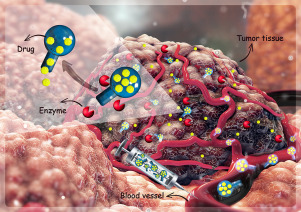
Enzymes in Cancer Diagnosis
1. Metabolic Changes as Cancer Hallmarks
Metabolic shifts within cells serve as hallmark indicators of cancer. Genetic aberrations influence enzyme generation, making these enzymes valuable biomarkers for clinicians seeking diagnostic and prognostic insights into tumor characterization.
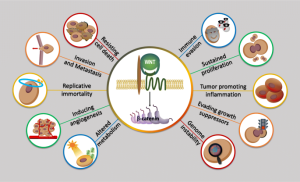
2. Pioneering Biomarkers
In the 1980s, the emergence of serine protease prostate-specific antigen (PSA) marked a significant milestone in cancer diagnosis, particularly for prostate cancer. Similarly, enzyme-related biomarkers, such as the downregulation of apolipoprotein A1, have been identified for ovarian cancer, enhancing diagnostic capabilities.

3. Proteome Analysis
Enzymes contribute to cancer diagnosis through proteome analysis. The study of low-molecular-weight protein fragments provides a nuanced understanding of enzyme activity and numbers, offering valuable insights into the dynamic state of the cell.
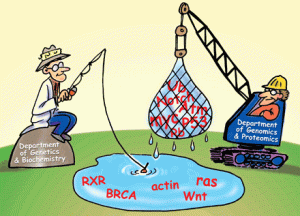
4. Enzyme-Linked Immunosorbent Assay (ELISA)
The enzyme-linked immunosorbent assay (ELISA) serves as a powerful analytical tool, leveraging enzymes for colorimetric or fluorimetric indication of target molecule bonding. This highly specific binding enhances the precision and accuracy of cancer diagnosis.
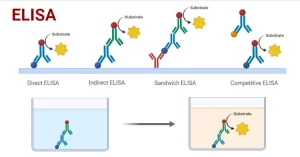
Enzymes in Cancer Therapy
1. Therapeutic Targets
Enzymes serve as therapeutic targets, offering avenues to regulate cancer cell proliferation. Drugs can selectively target enzymes induced by dysregulated genetic transcription, effectively slowing the spread of cancer. Additionally, therapeutic enzymes present a countermeasure to the absence of specific enzymes, providing control over tumor proliferation.
2. Pro-Enzymes in Action
The administration of pro-enzymes trypsinogen and chymotrypsinogen A demonstrates potent anti-tumor effects by intricately limiting angiogenesis, growth, and migration. These pro-enzymes play a crucial role in encouraging the breakdown of protein structures supplying tumors with blood, disrupting their support systems.
3. Enhancing Therapeutic Efforts
Enzymes play a role in enhancing the efficacy of other therapeutic approaches. Uridine diphospho-glucuronosyltransferase (UGT) enzyme inhibitors, for instance, improve chemotherapy efficacy by overcoming the upregulation of UGT enzymes observed in certain cancer states.
4. Managing Reactive Oxygen Species (ROS)
Enzyme inhibition becomes a strategic tool in manipulating crucial metabolic pathways for cancer treatment. Monoamine oxidase A (MAO-A) enzyme inhibition, for example, modulates the regulation of reactive oxygen species (ROS), eliminating tumor growth and metastasis in experimental models.
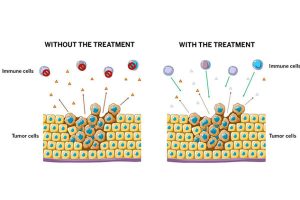
Conclusion
The intricate and diverse roles of enzymes in cancer diagnosis and therapy underscore their profound significance in advancing medical approaches. From serving as diagnostic biomarkers to actively contributing to therapeutic interventions, enzymes continue to shape the landscape of cancer research and treatment, promising new avenues for improved patient outcomes.

